Qualifications vs. Experience: What Matters Most in Today’s Property Job Market?
The South Australian property and real estate industry continues to evolve in a fast-paced market shaped by shifting buyer expectations, digital disruption, and regulatory changes. For professionals aiming to enter or advance within this field, one question frequently arises: What matters more — qualifications or experience?
The answer is not entirely straightforward. Both qualifications and experience bring value to the table, and their relative importance often depends on the specific role, stage of career, and employer expectations. Let’s explore the balance between these two factors and what today’s job market really demands.
Regulatory Requirements: Qualifications You Can’t Skip
In South Australia, certain qualifications are mandatory for many roles in the real estate industry. To work as a real estate sales representative, property manager, or auctioneer, individuals must hold appropriate certification or licensing, as outlined by Consumer and Business Services (CBS).
For example:
- To work as a registered sales representative or property manager, you must complete the Certificate IV in Real Estate Practice (CPP41419) through a registered training organisation (RTO).
- To operate independently or manage an agency, a Land Agent’s Licence is required, which demands further study and experience.
- Ongoing professional development is also essential, with CPD (Continuing Professional Development) obligations ensuring that practitioners stay current with legislative changes and best practices.
In short, qualifications aren’t optional — they’re the baseline. But once the necessary certifications are in place, the conversation shifts to what really differentiates candidates in a competitive market: experience.
The Power of Practical Experience
While qualifications open the door, it’s experience that often determines how far someone can go in their career. Employers regularly tell us that real-world, on-the-job learning — whether it’s negotiating deals, managing client expectations, handling tenancy disputes, or navigating the nuances of property marketing — is what sets high performers apart.
In today’s market, particularly in roles such as:
- Residential and commercial sales agents
- Property and strata managers
- Business development managers
- Leasing consultants
...hiring managers are placing a premium on people who have already demonstrated success in the field. That includes:
- A proven sales track record
- Strong interpersonal and negotiation skills
- Local area knowledge
- An ability to work independently and hit the ground running
These qualities are rarely taught in a classroom. They’re honed over time, under pressure, and through exposure to real market dynamics.
So, Which Matters More?
The truth is: you need both — but not always in equal measure.
- For entry-level roles, the correct qualifications are non-negotiable, but employers often seek out candidates who have customer service or administrative experience in fast-paced environments. A background in hospitality, retail, or call centres can demonstrate the right soft skills to transition into property roles.
- For mid-level positions, experience typically becomes the most important factor. Agencies are looking for professionals who can manage portfolios, build client relationships, and work with minimal supervision. At this stage, further training (such as a diploma or CPD courses) can help a candidate stay competitive, especially when moving into new sectors like commercial or industrial property.
- For senior or leadership roles, a mix of extensive industry experience, a solid track record, and a strong understanding of compliance and risk is essential. In these positions, leadership and strategic skills become just as valuable as technical qualifications.
Striking the Right Balance as a Job Seeker
If you’re early in your career, don’t underestimate the importance of gaining foundational experience — even if that means starting in a support role. Work ethic, reliability, and eagerness to learn can quickly lead to promotion in this fast-moving industry.
For those already in the field, upskilling can be a smart move. Consider:
- Specialised short courses (e.g. commercial leasing, buyer’s advocacy)
- CPD workshops focused on technology or legislation
- Leadership training for career progression into management
In South Australia's real estate industry, qualifications are essential, but experience is often the differentiator. They are two sides of the same coin: one provides credibility and compliance, the other provides capability and confidence.
Whether you’re hiring or job-seeking, the most successful outcomes come from recognising how these two elements complement each other — and how together, they create well-rounded, in-demand professionals.














